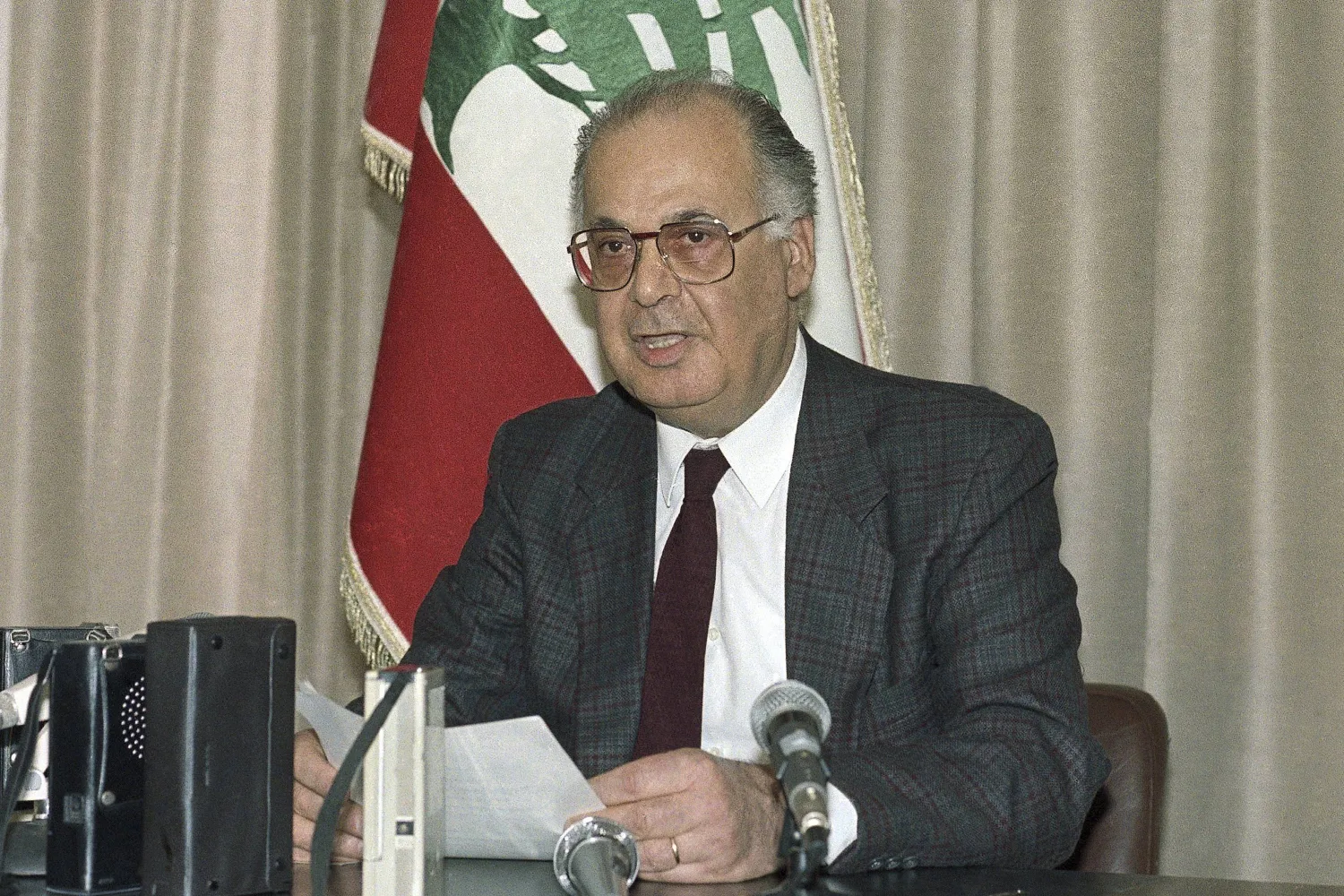Five-time former Lebanese Prime Minister Salim Hoss, who served during some of the most tumultuous years of his country’s modern history, died Sunday at age 94, the current premier said.
Caretaker Prime Minister Najib Mikati described Hoss, who was also a former government minister and member of parliament, as the “conscience of Lebanon” in a statement announcing his death. He added that Hoss “passed away at the most difficult and delicate stage in which Lebanon needs its conscience.”
Mikati was referring to fears that Lebanon could be pulled into a full-on war with Israel.
Hoss “was a prominent economist and a role model for his expertise, ethics and knowledge,” Mikati said. “He placed the country’s supreme interest and the interest of citizens above all considerations.”
Hoss was often described as a technocrat and widely respected as a rare statesman in a country marked by political and sectarian divisions, The Associated Press reported.
He served as prime minister for four terms during the country’s 15-year civil war that lasted from 1975 to 1990. His final term in office was from 1998 to 2000.
At one point, he presided over one of two dueling governments. After the term of President Amin Gemayel ended in 1988 with no successor elected, Lebanon became ruled by two governments, one headed by Michel Naim Aoun in Christian east Beirut and another by Hoss in Muslim west Beirut.









